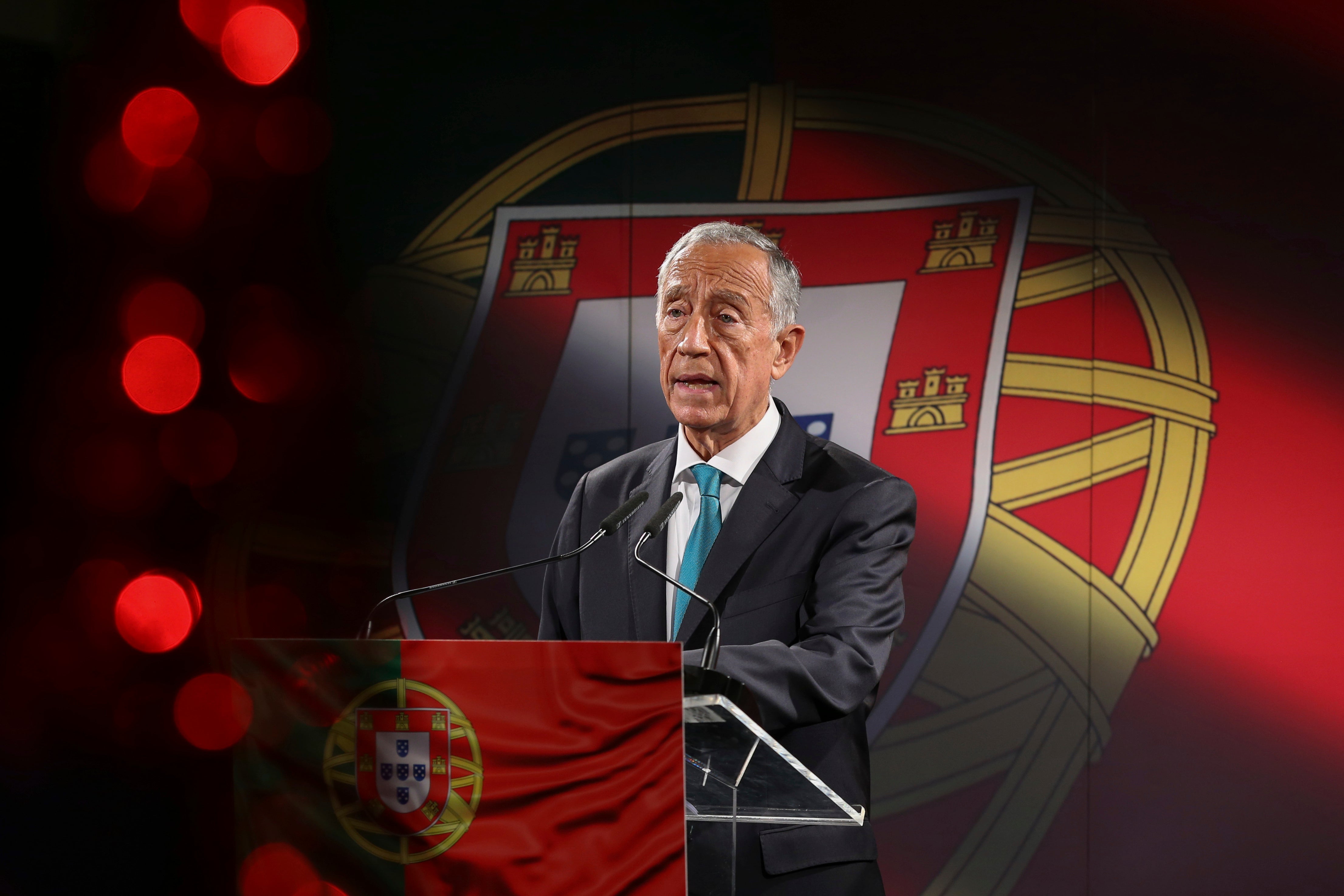EXPLAINER: A look at Portugal's presidential election
Portugal will hold a presidential election on Sunday, choosing a head of state to serve a five-year term

Your support helps us to tell the story
From reproductive rights to climate change to Big Tech, The Independent is on the ground when the story is developing. Whether it's investigating the financials of Elon Musk's pro-Trump PAC or producing our latest documentary, 'The A Word', which shines a light on the American women fighting for reproductive rights, we know how important it is to parse out the facts from the messaging.
At such a critical moment in US history, we need reporters on the ground. Your donation allows us to keep sending journalists to speak to both sides of the story.
The Independent is trusted by Americans across the entire political spectrum. And unlike many other quality news outlets, we choose not to lock Americans out of our reporting and analysis with paywalls. We believe quality journalism should be available to everyone, paid for by those who can afford it.
Your support makes all the difference.Portugal will hold a presidential election Sunday, choosing a head of state to serve a five-year term as the country suffers through a national lockdown and a worsening coronavirus outbreak.
Saturday is a day of political reflection, when campaigning and the publication of opinion polls are forbidden. So here’s a look at the election:
WHAT’S AT STAKE?
The president in Portugal has no legislative powers, which lie with parliament and the government, but is an influential voice and under exceptional circumstances can dissolve parliament and call an early election. The head of state can also veto legislation, although parliament can overturn that veto, and refer legislation to the Constitutional Court for vetting. Mostly, the president aims to stand above the political fray, refereeing disputes and acting as an arbiter to defuse tensions.
WHO’S IN THE RUNNING?
Seven candidates are running, but if none captures more than 50% of the vote, a runoff between the two top candidates will take place on Feb. 14.
The incumbent, Marcelo Rebelo de Sousa is widely expected to be returned for a second and final term. Charming and affable, the 72-year-old Rebelo de Sousa’s willingness to pose for selfies spawned a Portuguese Facebook page called “Selfies com Marcelo” (Selfies with Marcelo). He has had an approval rating over 60% and his six challengers haven’t come close to denting his apparent lead.
But a new right-wing populist, André Ventura, may capture around 11% of the vote, opinion polls indicate, and could secure second place in a runoff. That would send a shock wave through Portuguese mainstream politics, where extremists have so far been absent.
HOW IS AN ELECTION HELD DURING A PANDEMIC?
Portugal, which is in a lockdown, has one of the worst rates of infections and deaths in the world, according to a tally by John's Hopkins University.
The election campaign featured none of the usual flag-waving rallies or other large public events in order to avoid gatherings that would fuel the spread of the virus. Campaigning ended Friday. Early voting drew almost 200,000 of the country's 9.3 million registered voters. The government is opening 2,000 more polling stations to prevent crowds from forming on Sunday.
Restrictions on movement are being lifted for election day and voters must bring their own pens.